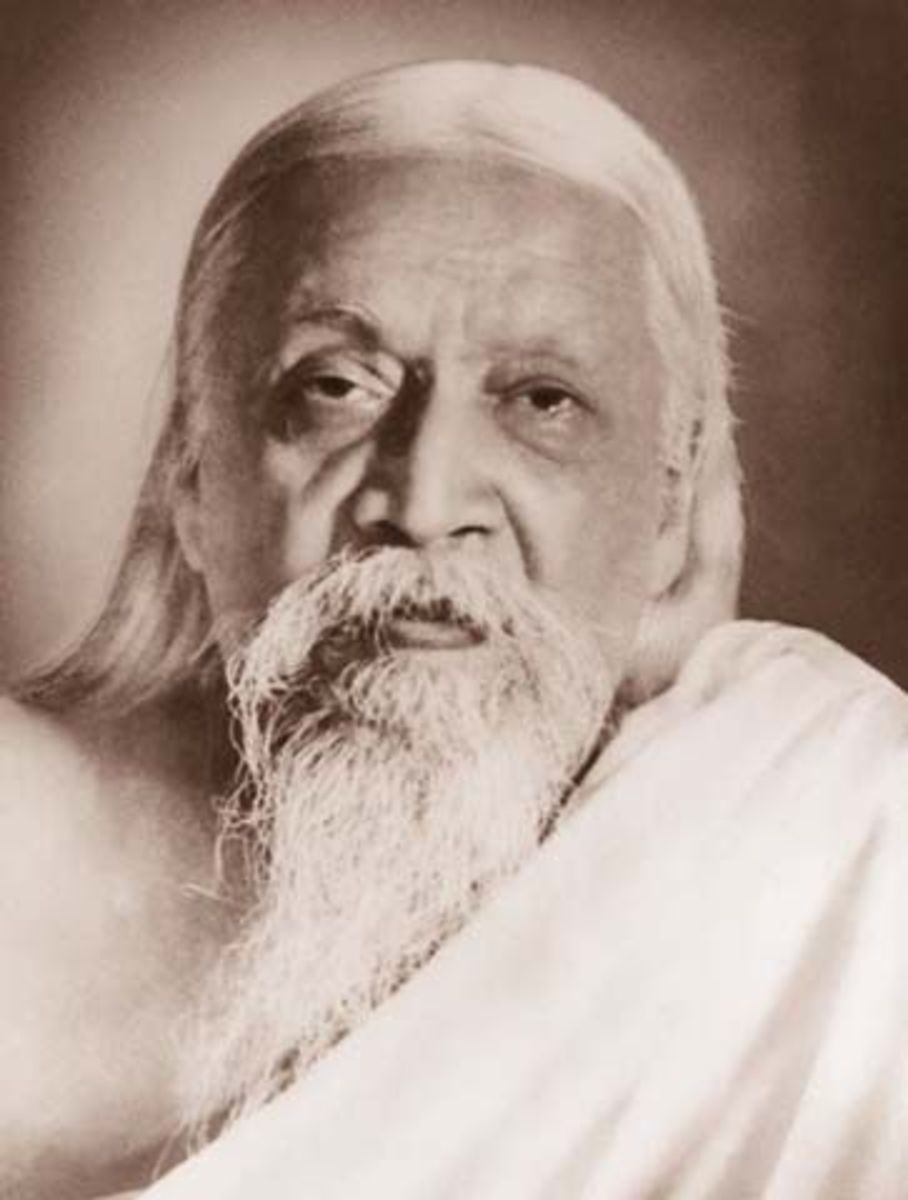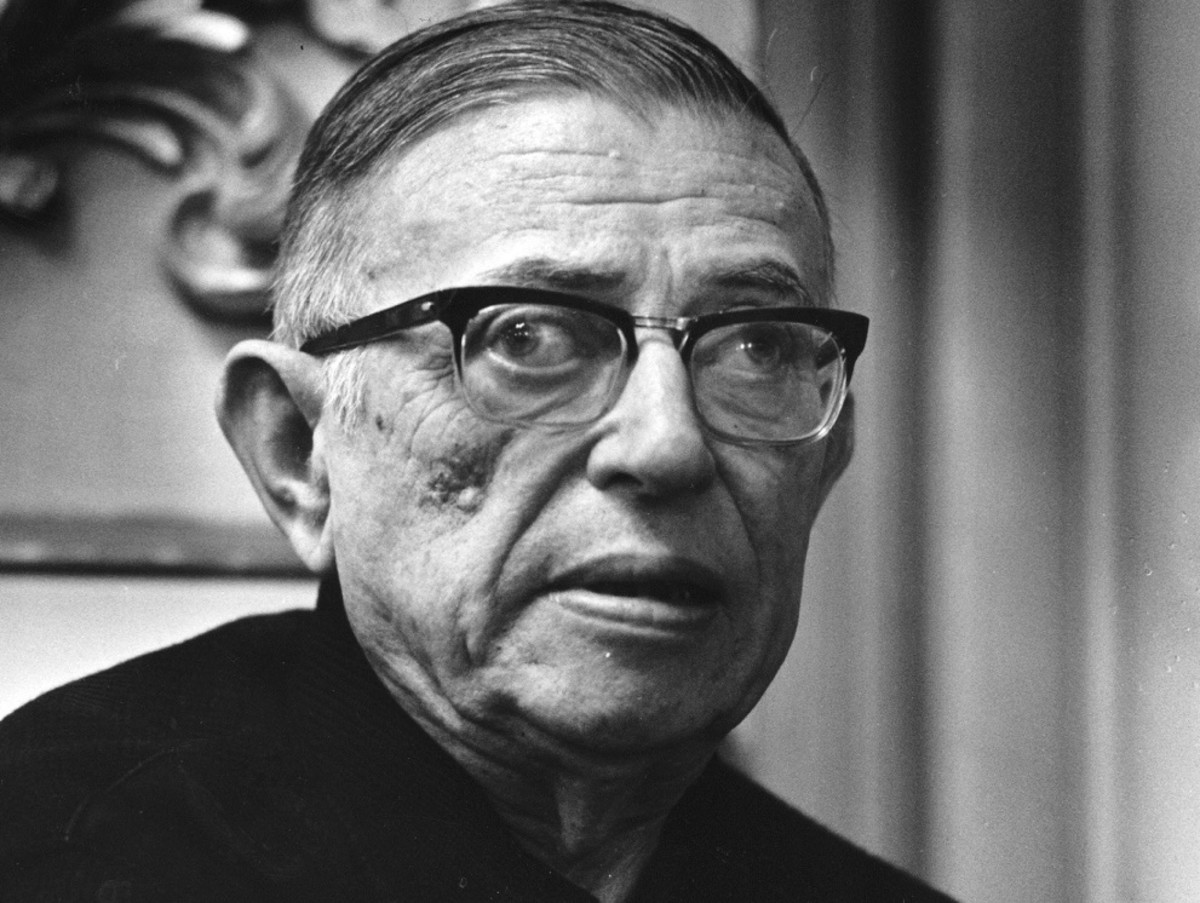- HubPages»
- Books, Literature, and Writing»
- Books & Novels»
- Nonfiction
Jean-Paul Sartre Biography - Sartre Novels and Sartre's Philosophy (facts about Jean-Paul Sartre)
Life of Jean-Paul Sartre
The following biography should give the reader an overview of Sartre's:
- childhood
- education
- literary activity and political activity
- late life
- and about his major works (books, play, philosophical works)
Sartre's childhood and early life
Jean-Paul Sartre was born on the 21st of June. His father was a catholic marine officer and his mother originated from Elsace, who was a protestant. 15 months after Sartre was born, his father died in Indochina due to a tropic disease. His mother moved back into her parents' house with his little son. Her father, Charles Schweitzer, was a liberal, highly intellectual grammar school teacher. He was the one who introduced Sartre to the world of books and he had great expectations from him in the field of literature.
At that time, Jean-Paul Sartre was spoiled a lot by his mother and grand-parents. He learned to act in such a way how they would expect him to be like.
12 years after Sartre's birth, his mother decided to marry again in 1917. This was also the first time, Sartre went to an open school. His grand-father used to teach him. Sartre did not get on well with his step-father and neither did he with his classmates, although he was a brilliant student.
In 1920, he went into a well-respected boarding school and two years later, he did his finals.
For the next two years, he prepared himself for the entrance examination of the famous Normal Supérieure Ecole, where he studied philosophy.
Sartre's education
During is philosophy studies, he read a lot about Rousseau, Descartes, Spinoza, Nietzsche, Freud, Marx and Schoppenhauer. There, he also met Simone de Beauvoir, who was his life partner for the rest of their lifes.
In 1933, he received a scholarship in Berlin, where he met Husserl and Heidegger. He learnt about phenomenology, which influenced his thinking a lot! He also read Hemmingway, Faulkner and Kafka.
In that time, he wrote his famour novel "la Nausée" (Nausea).
Literary and political engagement
He wrote many philosophical essays which are listed in another paragraph. One of his important essays is "Que est-ce que la littérature". This essay is about the relationship of authors to society. Thenceforward, he became more and more active in politics and took over the chair of the Russel-Tribunals, which examined American war crimes in Vietnam.
Jean-Paul Sartre

Sartre's late life
Sartre's late life became increasingly harder. In 1973, he went completely blind. In an interview, he said that his literary career a writer are over. But he still can talk! Benny Lévi became his secretary and he would read him aloud every day, what stands in the newspapers.
Sartre developed his thoughts by talking with him during these sessions. He still attended press conferences, gave interviews and held speeches. He also engaged for isrealic-palestinian peace talks, in 1979.
But one year later, he was hospitalized with a severe lung illness. Sadly, he could not make it out of his illness. Only a few days later, he fell into a coma and died on the 15th of April.
Further reading (plays and books analysed by me)
All plays, romans and philosophical works of Jean-Paul Sartre
Theatres:
- Les mouches (1943)
- Huis Clos (1944)
- Morts sans sépulture (1946)
- La putain respecteuse (1946)
- Les yeux sont faits (1947)
- Les mains sales (1948)
- Le diable et le bon Dieu (1951)
- Kean (1953)
- Les séquestrés d'Altona (1959)
- Les Troyennes (1965)
Novels and short stories:
- La nausée (1938)
- Le mur (1939)
- L'âge de raison (1945)
- Le sursis (1945)
- Le mort dans l'âme (1949)
- Les mots (1964)
Literary criticism:
- Baudelaire (1947)
- Qu'est-ce que la littérature (1947)
- L'idiot de la famille (1970-72)
Philosophy:
- L'imaginaire (1940)
- L' Être et le Néant (1943)
- L'existentialisme et un humanisme (1946)
- Critique de la raison dialectique (1960)







